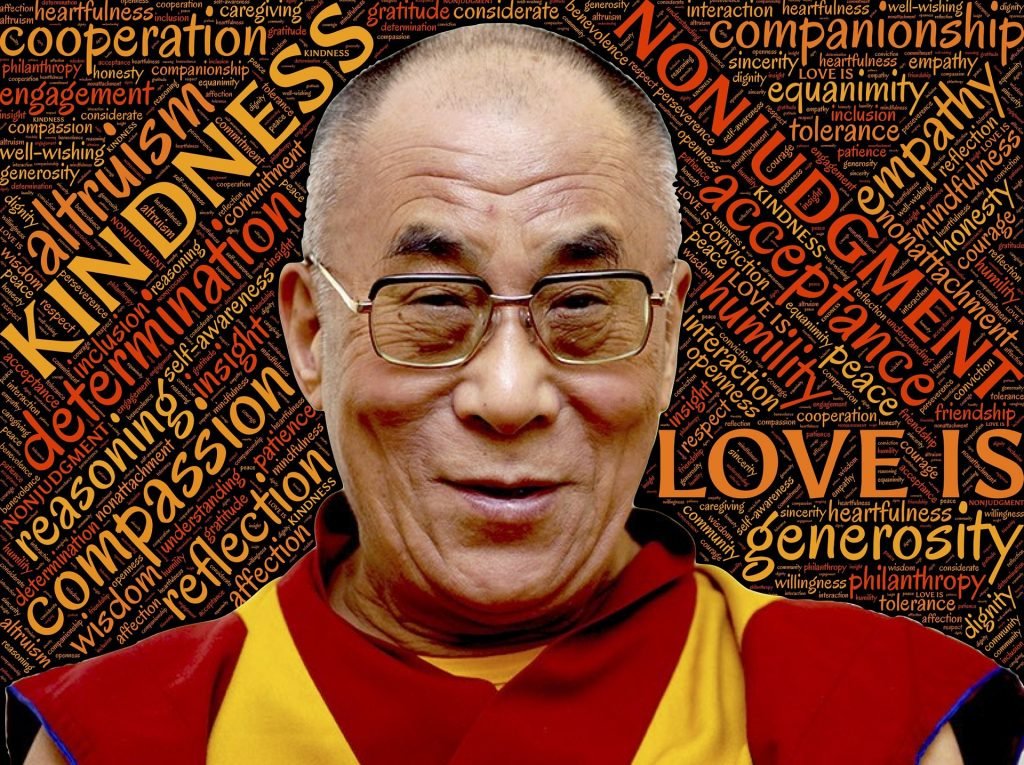
be kind: of a good or benevolent nature or disposition
I don’t think there could be a greater compliment than to be judged a kind person. Kindness is a trait that reflects a benevolence and good nature toward others. When we see expressions of kindness, we tend to smile. Our humanity values and appreciates expressions of kindness. They make us feel good.
But kindness toward others is only half the story. One of our human weaknesses is not being more kind to ourselves. Each of us is about self-improvement – it’s the most natural of aspirations. We all want to be better in some way.
At the core of self-improvement is our tendency to be critical of ourselves… and our desire to make ourselves better. But self-criticism is not usually the most productive way to self-improve. Self-compassion has been found by research(1) to be more valuable in stimulating a greater degree of conscientiousness and a greater likelihood to take responsibility for mistakes.
We are better people when we are committed to being kinder to ourselves, as well as kinder to others.
It’s easy to understand why self- criticism is so strong.
We all have a powerful “inner critic.” It’s a product of our “atavistic” or ancient brain that responds to threats with ancient fight, flight or freeze reactions. Those reactions were essential for early man in a life-or-death struggle to survive. Making a mistake when threatened by a predator could mean losing a limb or losing a life.
But in the modern world those emotional responses rear up even when less-than-life-threatening issues arise – like making a mistake, being embarrassed, being rejected or rejecting others, losing our temper or being hurtful to another, not being as successful or not living up to our expectations.
It’s not healthy when self-criticism dominates our life.
Feeling shame is at the core of many of today’s biggest dysfunctional problems – like alcoholism, addiction, eating disorders and many others. Beating ourselves up for not being perfect or, worse yet, for beating ourselves up is so “today” and so unproductive. Constantly focusing on our self and our self-criticism doesn’t leave much room for the greater calling of being more sensitive and caring of others.
But the more we understand WHY we feel as we do, the better our toolkit to fight the destructive feelings from irrational self-criticism and self-absorption. So every once in a while, it’s good to take a step back and forgive ourselves. We’re not perfect. Neither are other people. We all stumble. We all let our emotions get the best of us.
Genuine self-deprecation can be endearing. Constant and unreasonable self-criticism is off-putting to most people. Some perfectionism, trying to do my best, is ok if, when I come up short, I still know that I’m okay. Unhealthy perfectionism is destructive when making a mistake or being criticized creates a feeling not that I did something bad and feel guilty, but rather incites a feeling that “I am bad.”
In addition, too much self-criticism often leads to denigrating others to feel better about ourselves.
We have a fundamental need to feel that we are important and above average. Excessive self-criticism often drives us to find fault in others to feel better about ourselves by comparison.
And it’s valuable to remember that science tells us we will be more conscientious, more responsible and happier if we keep our focus less on self-criticism and self-pity… and more on being kind to ourselves. Research has shown that the more we accept ourselves, forgive ourselves, show compassion for ourselves, the more we are strengthened to make our lives better, as well as the lives of others around us.
Be kind to others. Be kind to yourself.
(1) Self-Compassion: The Proven Power of Being Kind to Yourself, Kristin Neff, William Morrow Paperbacks, 2015
Join our EverAgeless community.
Check out my new book EverAgeless: 6 Steps To An Ageless Life now available on Amazon (and please leave a review if you like it).
Check out our archive of past blog posts. There are lots of interesting topics there.
Ken, Enjoyed reading this and considering the positive effects it can make.